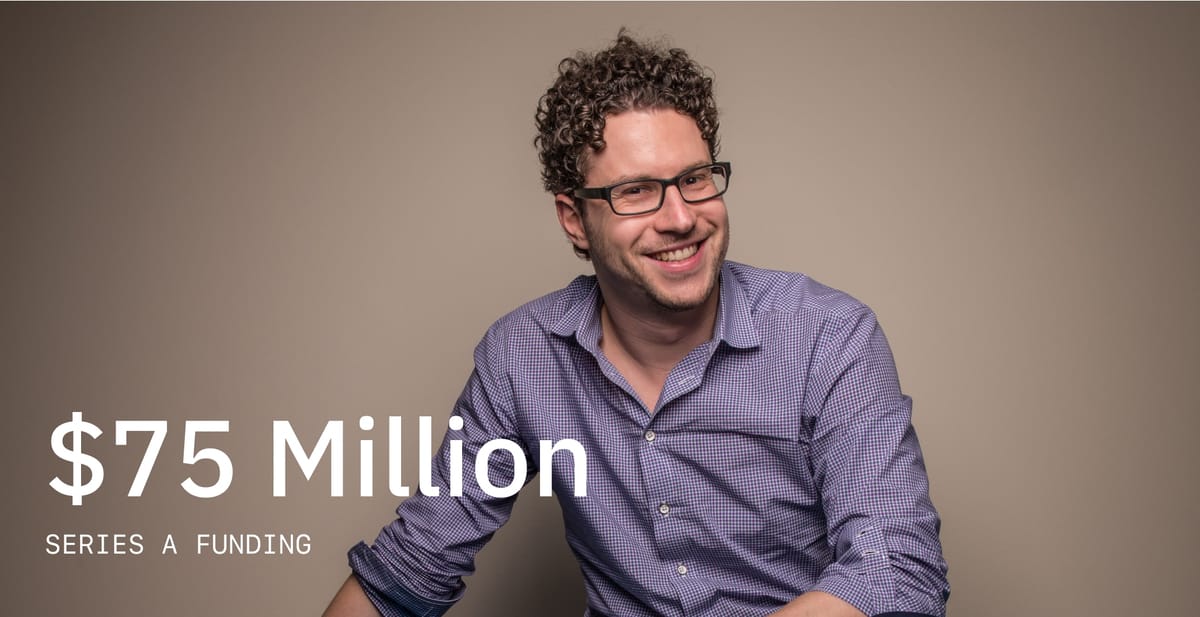
OpenEvidence, an AI-powered copilot for physicians, has raised $75 million in new funding from Sequoia Capital, bringing its total valuation to over $1 billion. The Cambridge, Massachusetts-based startup, founded by Daniel Nadler, aims to help doctors make better-informed decisions by offering instant access to verified medical knowledge.
Key Points:
- The company claims 25% of U.S. doctors already use its platform for clinical decision-making.
- OpenEvidence has partnered with the New England Journal of Medicine to enhance its AI model with high-quality medical literature.
- The funding will support AI model training, content partnerships, and further adoption in healthcare settings.
Since launching in 2023, OpenEvidence has quickly gained traction, with the company claiming that a quarter of all U.S. doctors already use its platform. Unlike traditional AI chatbots, OpenEvidence is trained on peer-reviewed medical literature, including a newly announced content partnership with the New England Journal of Medicine (NEJM). This ensures that clinicians receive evidence-based responses rather than AI-generated speculation.
Sequoia partner Pat Grady compared OpenEvidence’s rapid adoption to that of a consumer tech product rather than a typical healthcare tool. “When doctors have a couple of good experiences with it, it sticks,” said Grady. The startup has grown largely through word-of-mouth, with doctors using the platform in real-time during patient consultations.
The company plans to use the fresh capital to improve its AI models, expand content partnerships, and refine its search capabilities. OpenEvidence’s training process relies on domain-specific data, preventing the kind of “hallucinations” that plague general-purpose AI models like ChatGPT. “Trust matters in medicine,” said Nadler, emphasizing that the tool was designed from the ground up for clinicians.
The funding comes at a time when AI’s role in healthcare is under increased scrutiny. While AI tools hold promise for reducing physician workload and addressing doctor shortages, concerns remain around reliability, bias, and the potential for over-reliance on automated systems. OpenEvidence argues that its approach—grounded in peer-reviewed sources and expert oversight—positions it as a critical tool rather than a replacement for human expertise.
With $75 million in new capital, OpenEvidence is betting that its AI copilot will become an essential part of modern medical practice, offering doctors a reliable way to stay current in a field where new knowledge emerges every 73 days.

